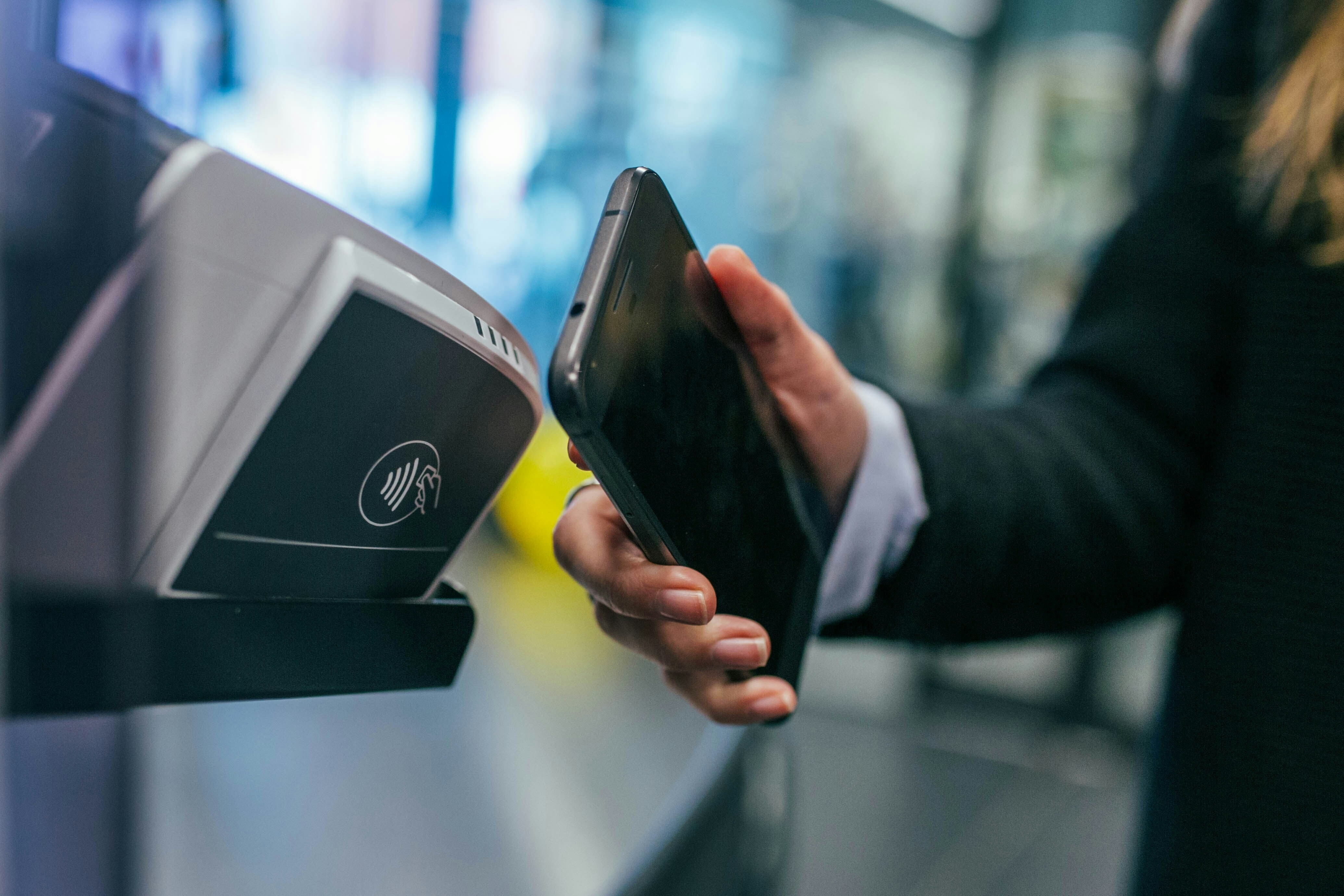By 2028, just 9% of all payments will be made in physical currency – but we may miss it

Old-fashioned advantages … physical cash, which is being phased out in favour of electronic payments and CBDC. Image: Cottonbro Studio/Pexels
Listen to the article
- CBDC development is accelerating, but sceptics question the need for a digital cash replacement.
- While current electronic payment systems work well, they do not provide the same personal freedom that cash offers.
- A digital cash replacement should not enable criminality, but there should be some freedom to transact with complete privacy.
Cash is the only payment mechanism that doesn’t require authorization from anyone to spend it. And it’s the only form of money that doesn’t leave a trail. Most of the time, these things don’t matter to law-abiding citizens. But sometimes they do. And we will all miss these freedoms when they are gone.
Since 2017, cash usage has decreased by around 15% each year, and it is estimated that by 2028, just 9% of all payments will be made in physical currency. The direction of travel is clear: Cash will not disappear in one big bang moment. But its irrelevance is nevertheless assured as a result of the individual decisions of millions of citizens and merchants.
Through their preference for the convenience of electronic payments, we will inadvertently lose the historic freedom that only cash provides: to spend our money on what we want, with whom we choose.
As governments and central banks consider introducing retail central bank digital currencies (CBDC), they must therefore answer the following: Once the last cash payment is made, does this mean our historic right to make payments that are not observable or censorable by the state will end on the same day? Is that what we want?
Convenience vs. privacy
Many have questioned the need for a digital cash replacement at all. In a recent piece, David Smith, Economics Editor at The Times, discussed the potential for a digital pound, asking: “Why would anybody bother? If I am happily, or in some cases not so happily, using contactless payments now, why would I go to the trouble of loading up a digital pound wallet to use that instead?” He concludes that it is “hard to see what the incentive would be”.
He makes a very valid point. In most major developed economies like the UK, US and Europe, electronic payments work really well. It’s so easy to tap your card and pay that you might wonder what remaining problems are left to be solved.
However, something often missed about the architecture of the payment card networks is that every payment involves an “authorization”: Whenever you tap, there is an opportunity for your bank to say “no”. Cards alone don’t provide all the same features as cash; you never have to worry that your cash payment “won’t go through”.
Ever since humans have traded with each other, it has been possible to engage in direct commerce, without needing permission from a third party. This is an essential personal liberty, and we will mourn its passing when the last cash payment is just a memory.
Balancing freedom and a digital 'wild west'
It is natural for policy-makers to be fearful of this line of argument. After all, any system that allows people to make payments that cannot be traced or blocked is bound to attract criminals as well as facilitate personal liberty. You can see why proponents of CBDC like to pretend they can build one without including some level of likeness to cash.
Yet, if a CBDC doesn’t have some element of this capability, my prediction is it will fail in some major developed economies. There would be little to differentiate it from existing systems, as David Smith correctly observes. And the political backlash from those who oppose state surveillance would make it politically impossible to launch in any case.
A digital currency system should not mimic the “wild west”, but there should be some freedom to transact with complete privacy. If the private sector could deliver a truly cash-like product itself, then we wouldn’t need this debate, but even a limited degree of cash-like behaviour would be incompatible with electronic payments laws. The reality is that only a central bank could deliver this type of product, thanks to the precedent set by their monopoly on the issuance of cash.
A digital cash substitute is the essential product citizens will demand once physical cash disappears. The private sector understands how to build compelling consumer products and stands ready to assist. However, the uniquely tricky regulatory properties of cash mean that only a central bank could actually deliver it.
Some of the most vocal opponents often dub CBDC as instruments that will increase state control and censorship over our personal and financial data. There is still opportunity for the reality to be quite the opposite. Cash will decline to irrelevance, and we potentially face a future where the only alternatives are private sector payment systems that are monitored and can refuse service without consequence.
It is through this lens that we should analyze CBDC. CBDC will not be the cause of a dystopian future; it will be a means to prevent one, but only if personal freedom is at the core of its design and implementation.
Don't miss any update on this topic
Create a free account and access your personalized content collection with our latest publications and analyses.
License and Republishing
World Economic Forum articles may be republished in accordance with the Creative Commons Attribution-NonCommercial-NoDerivatives 4.0 International Public License, and in accordance with our Terms of Use.
The views expressed in this article are those of the author alone and not the World Economic Forum.
Stay up to date:
Tech and Innovation
Forum Stories newsletter
Bringing you weekly curated insights and analysis on the global issues that matter.
More on Financial and Monetary SystemsSee all
Eric Usher
February 24, 2026






